Voices of the Grain Trade
Our volunteer interview teams in Thunder Bay and Winnipeg did their best to collect voices reflecting all major facets of Canada's international grain trade. As a result, you will find interviews with farmers, researchers, plant breeders, company owners, and railway employees blended in with the stories of grain handlers, inspectors, lake shippers, regulators, builders, marketers, and many more. Our voices are spread from Quebec City to Victoria, with the highest concentrations being from Thunder Bay and Winnipeg.
Through Library and Archives Canada's Documentary Heritage Communities Program, Friends of Grain Elevators has now been able to transcribe and upload all Voices interviews to this website and to Lakehead University's archives. If you have any questions or comments about the collection, please contact us with your thoughts!

Anthony Kaplanis
Grain Coordinator: Grain Transportation Agency
Anthony Kaplanis started with the Canadian Pacific Railway at the age of 16 and worked his way up to deputy general yardmaster. In the 1970s, a major shift occurred in grain rail transportation with the introduction of grain pooling, and Tony moved over to the newly formed Grain Transportation Agency to coordinate the allocation of cars on the Thunder Bay waterfront. Tony paints a picture of Thunder Bay's busiest years and also its leanest years, which he connects to the increased efficiencies on the Prairies and deregulations in the grain handling system.
Snippet
Full Interview

Robert Kaplanis
General Yardmaster: Canadian Pacific Railway
Robert Kaplanis joined the CPR in high school as a messenger in charge of waking up the rail crews who slept in the cabooses. Robert continued to work for the railway for 37, moving up through the ranks until he eventually became the general yardmaster. Robert describes the CPR's grain-related operations before and after the advent of grain pooling, including the dangerous but exciting work of the hump yard. Although he recounts his career fondly, Robert also recalls the period near the end when the CPR's upper executive attempted to restructure and downsize the Thunder Bay operations, which caused fracturing and ill-feelings amongst the workforce.
Snippet
Full Interview
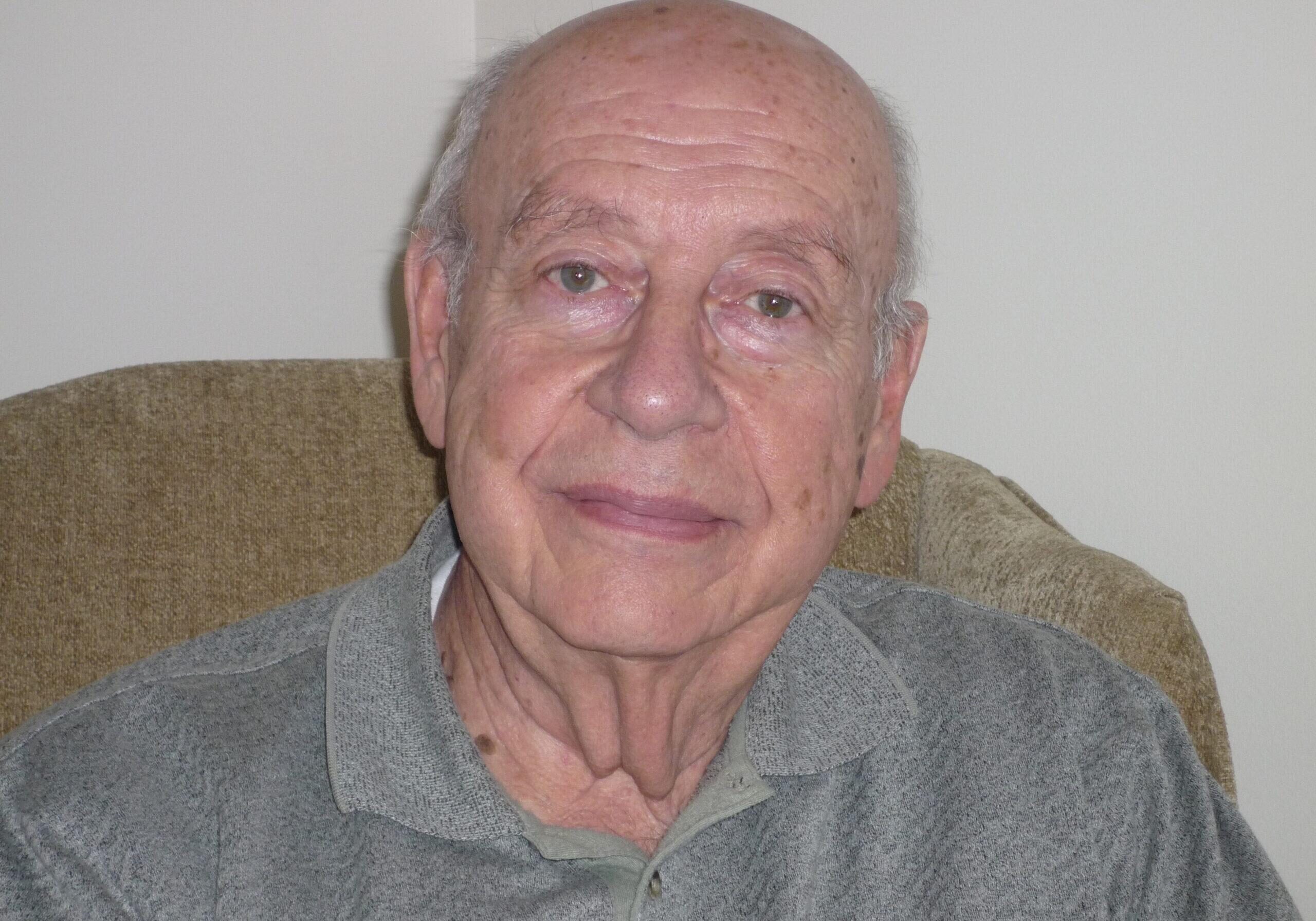
Sidney Kasner
Director of Weighing: Canadian Grain Commission
Before working directly in the grain industry, Sidney Kasner worked for the federal government in the Weights and Measures Department. He was brought over as director of the CGC's weighing division to be primarily responsible for the grain elevator audits and scale calibration. His work brought his across the country and even around the world, training others in weighing processes. Sidney highlights the CGC's integral role in upholding the Canada Grain Act, which his position ensured through the accurate weighing of grain. Sidney was also one of the early supporters of the switch from manual to electronic scales, and even proposed a further development into automated scales.
Snippet
Full Interview
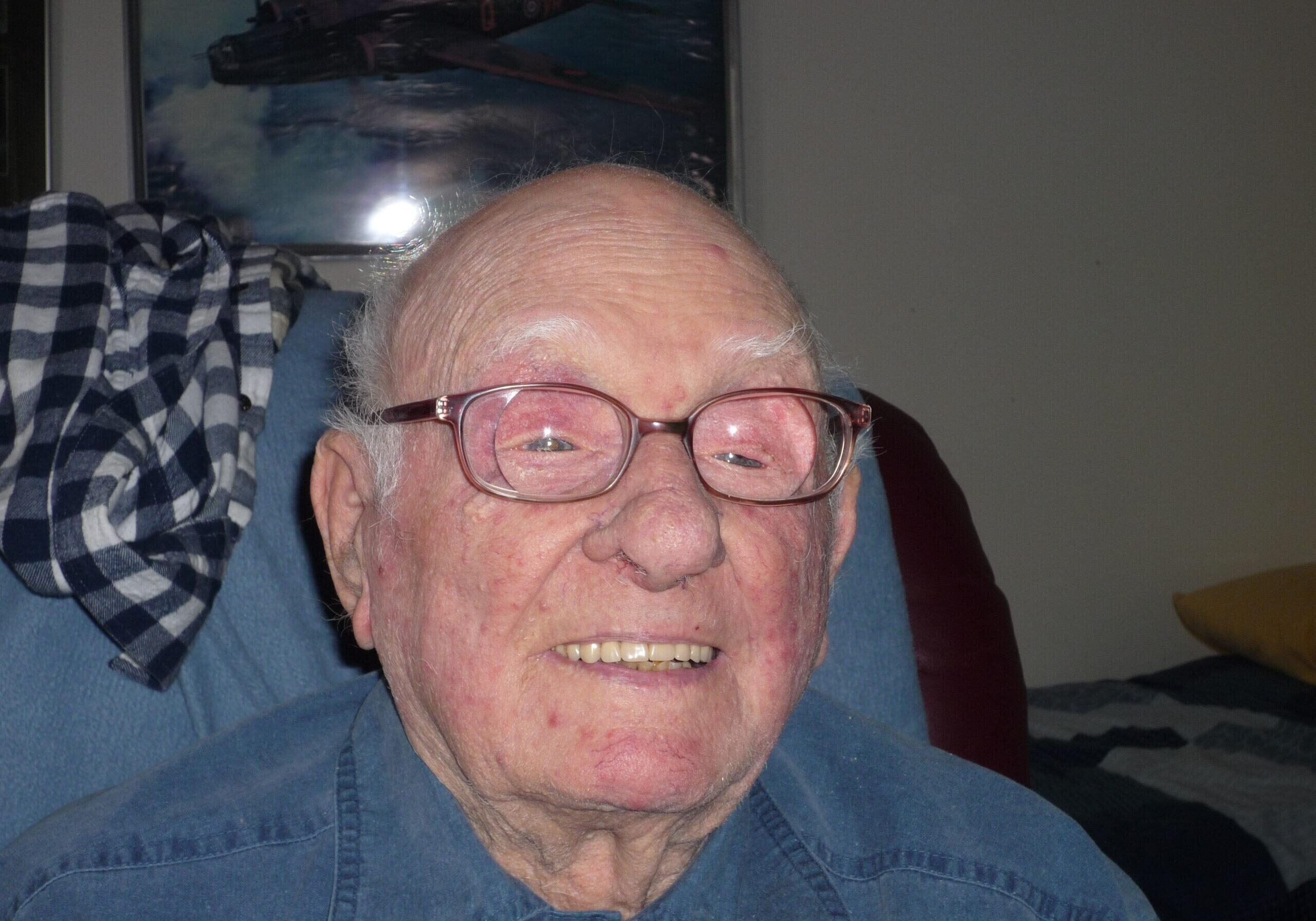
William Kelso
Weigh Staff: Canadian Grain Commission
Losing his arm in the Second World War wasn't going to stop William Kelso. Along with many other veterans, William joined the Canadian Grain Commission after returning home, and he started out as a railcar checker in the car sheds of terminal elevators. He eventually moved away from the dusty elevator conditions out into the various CNR and CPR railyards, still overseeing railcars and reporting on any issues. William remembers the dangerous conditions of the job in his early years, but also the gradual improvements to safety and dust control. William's memory of the grain industry spans back to the Pool 4B explosion, and his experience in elevators across the waterfront makes for an insightful interview.
Snippet
Full Interview
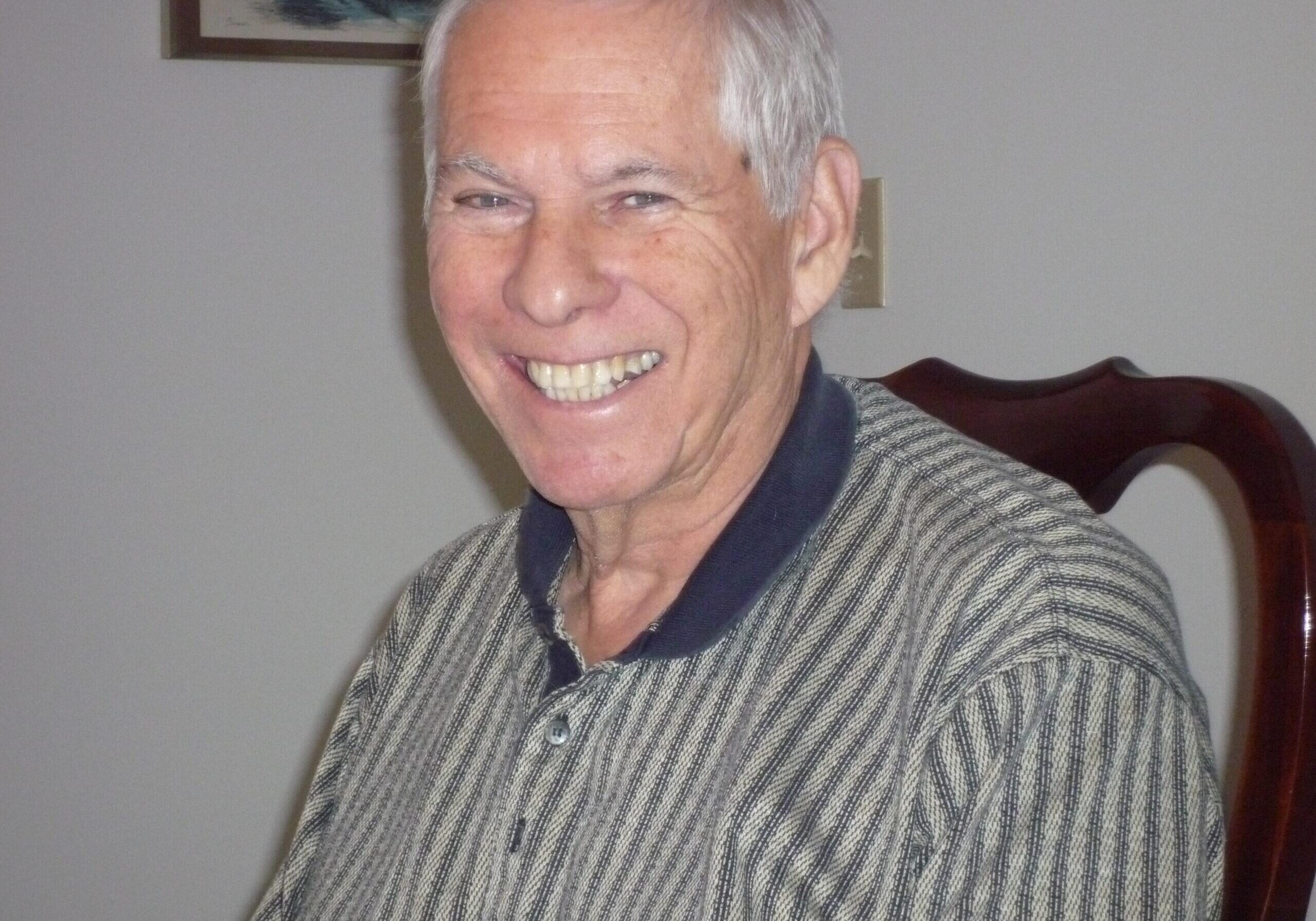
Dennis Kennedy
Chief Operating Officer: Canadian Grain Commission
Dennis Kennedy started his career with the Canadian Grain Commission in the Statistics Division collecting and analyzing data. The work of this department was critical for not only the CGC's functions, but for many other players in the industry. Dennis describes some of the most memorable projects he worked on in this role, like the development of block shipping, elevator licensing, and the introduction of new grain grades with protein segregation. Dennis worked his way up to COO, and he comments on the major changes to the CGC's operations during this time, like privatization of inspection and cost-cutting measures. Despite these changes, Dennis praises the CGC's continued critical work in the Canadian grain industry.
Snippet
Full Interview
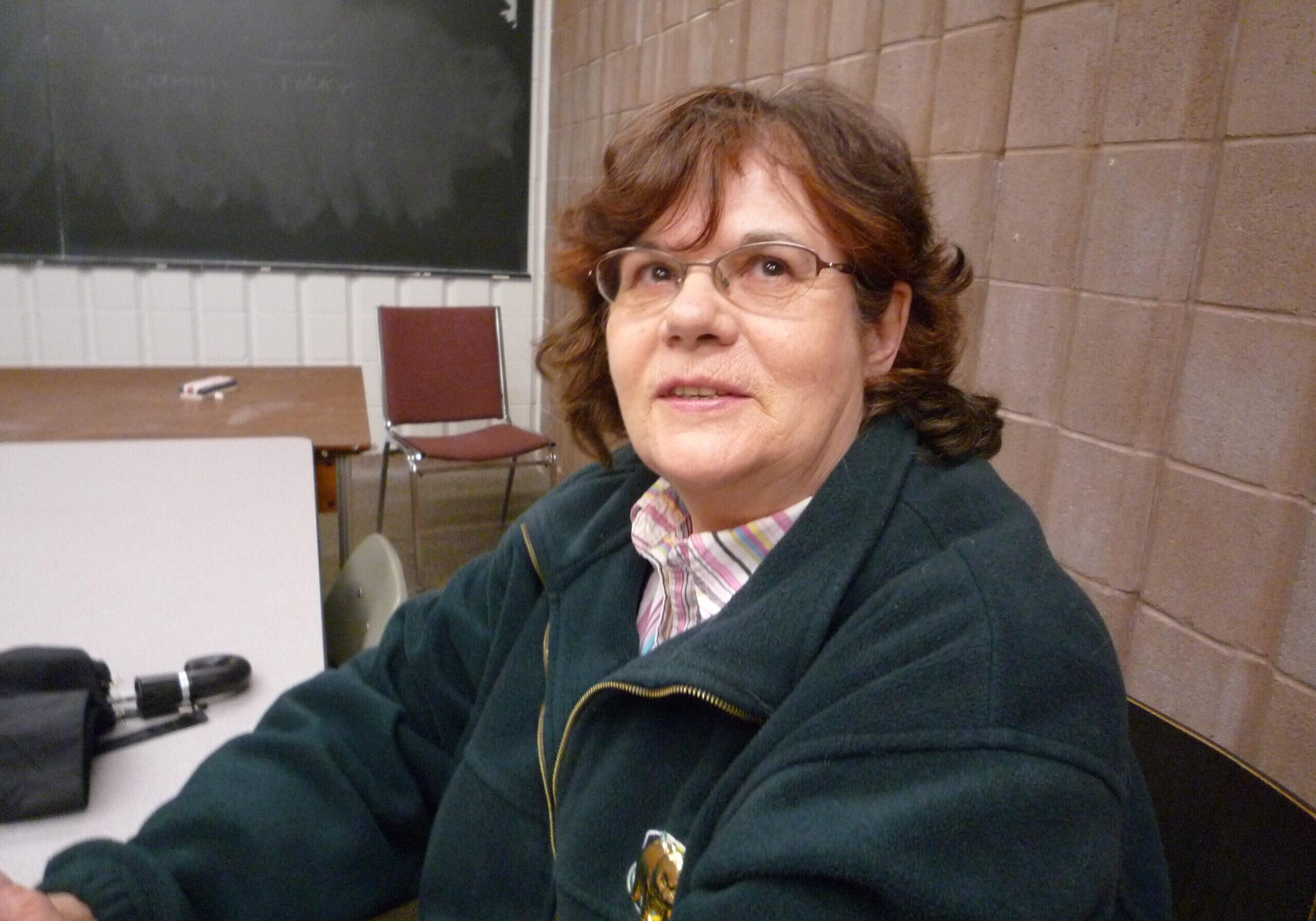
Patricia Kent
Weigh Staff: Canadian Grain Commission
Patricia Kent took the course "Non-Traditional Jobs for Women" in college and found her way to the Canadian Grain Commission in one of the earliest waves of women joining the operations side of the grain industry. As part of the weigh staff, Patricia was right in the elevators overseeing the emptying of railcars and the loading of ships. She shares fond memories of her career across the waterfront, despite some initial hesitations within the male-dominated field. Patricia recalls the major changes to the CGC's operations and to the workforce, including downsizing, which she stuck through and retired from after 26 years.
Snippet
Full Interview
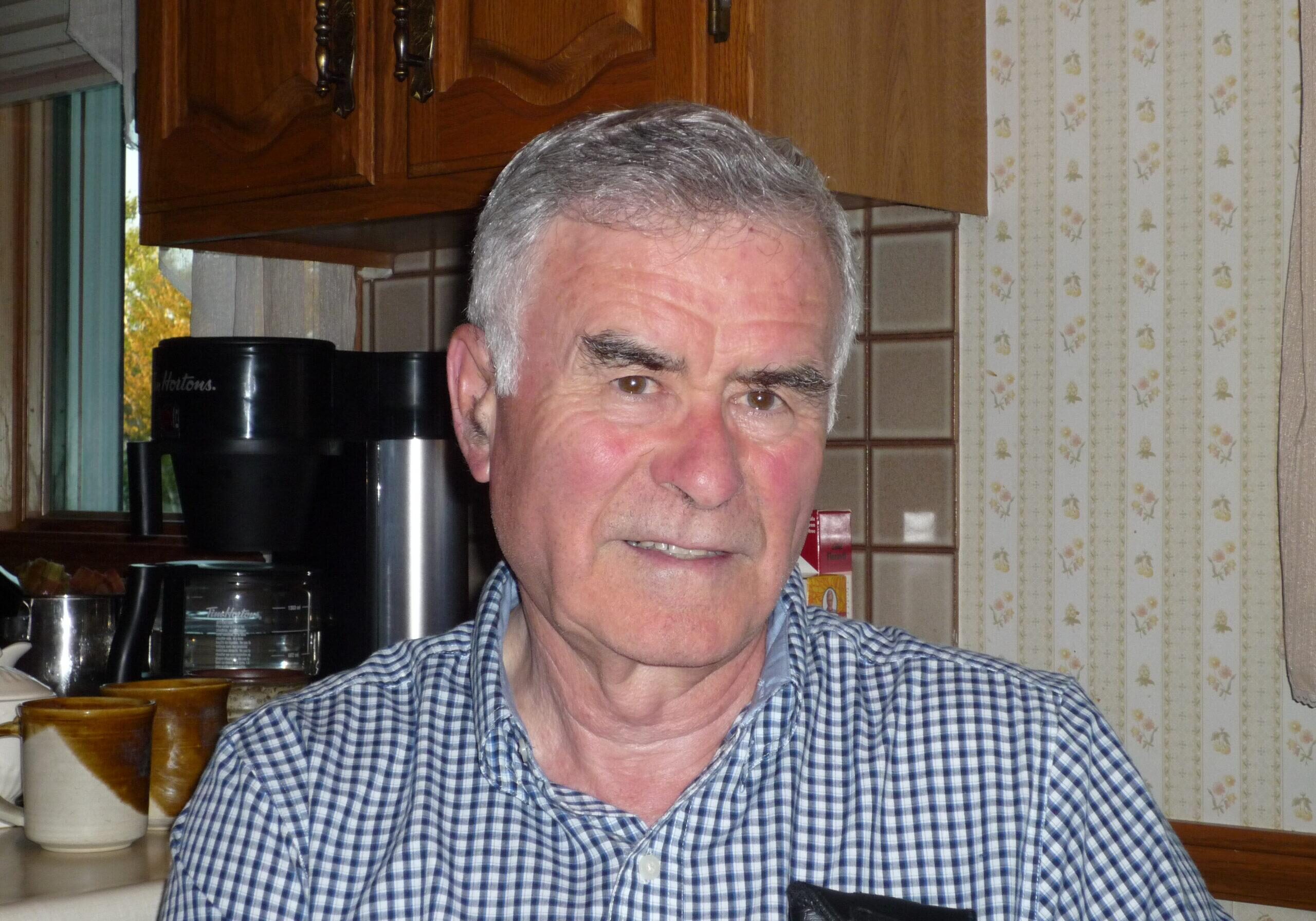
Bob Kenyon
Vice-President: Dominion Malting
Bob Kenyon worked in the operations side of Dominion Malting, starting in the malt barley selection division inspecting each crop of barley for the highest malting qualities. Bob moved into Dominion's major Transcona malt plant as a maltster, eventually becoming vice president of the malting operation. Bob shares his depth of knowledge of the malting process, explaining the modern and historical processes of creating malt, and describing the best conditions for growing malt-quality barley. Throughout his career, Bob was key in promoting Canada's malt barley to brewers around the world.
Snippet
Full Interview

Jean Killens
Process Technician: Ogilvie Flour Mills (Industrial Grain Products), Riverside Grain Products
Jean Killens joined Thunder Bay's grain industry through the quality assurance lab at Ogilvie Flour Mill/Industrial Grain Products' processing plant. In the lab, her and her fellow technicians tested the starch and gluten products coming off the production line. Jean describes the fascinating process of separating gluten and starch from plain flour, and she shares the specialized uses for each product in both edible and industrial products. Jean worked through the lab's brief closure and major ownership change, and she saw the lab reach its ultimate end--a fire in 2001 that destroyed almost the now-abandoned mill.
Snippet
Full Interview

William Kozak
Carman: Canadian Pacific Railway
William Kozak's work with the railway companies in Thunder Bay kept the rolling stock in tip-top shape so grain could continue to flow from the Prairies to Thunder Bay grain elevators. As a carman, William inspected the incoming and outgoing railcars, both during the era of boxcars and later the era of hopper cars. Another major component of his job was going "out on the road" to help with train derailments. Bob shares vivid memories of wrecks and derailments both on the road and in the elevator car sheds, and he stresses the importance of railroad safety.
Content Warning: This interview contains descriptions of workplace accidents and fatalities.
Snippet
Full Interview
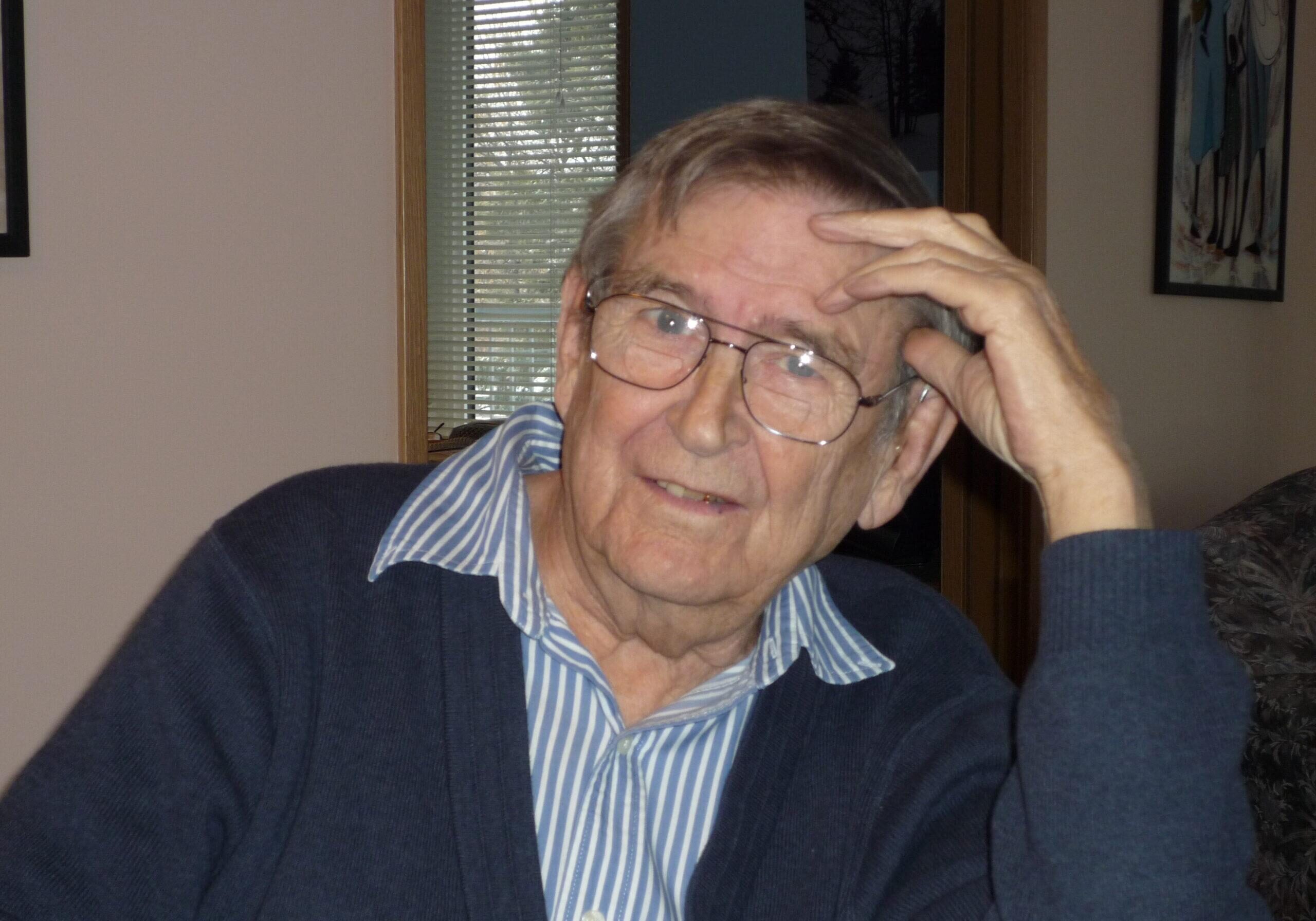
Larry Kristjanson
Commissioner: Canadian Wheat Board
For many, Larry Kristjanson was a towering figure in the Canadian grain industry as one of the longest serving Commissioners of the Canadian Wheat Board. Larry joined the CWB as the Director of Economics and Statistics, and as one of the few employees with a PhD. In his interview, Larry describes his travels around the world as one of the key figures in securing major grain contracts, and shares the fond memories of bringing his family along on his trips. He recalls the changes to the industry he saw during and after his career, including the disbandment of the CWB, some of which he reads from a speech given to the Alberta Wheat Pool. Larry's interview expresses the familiar pride in promoting Canadian grain and working for an organization that represented Canadian farmers.
Snippet
Full Interview

Richard Kroft
Senator: Government of Canada
Although Senator Richard Kroft was not directly in the grain industry for long, his and his family's experience in the trade informed and supported the rest of his career. Richard shares his father Charlie's incredible story of starting in the industry as an office boy and working tirelessly to become the president of McCabe Grain Company. Richard himself joined the company right before its sale to National Grain, but he looks back fondly of the company's growth and impact in the trade. Richard's interview is full of grain trade history, back to the forming of the Winnipeg Grain Exchange when going out and forging personal relationships with customers and competitors was the name of the game.
Snippet
Full Interview
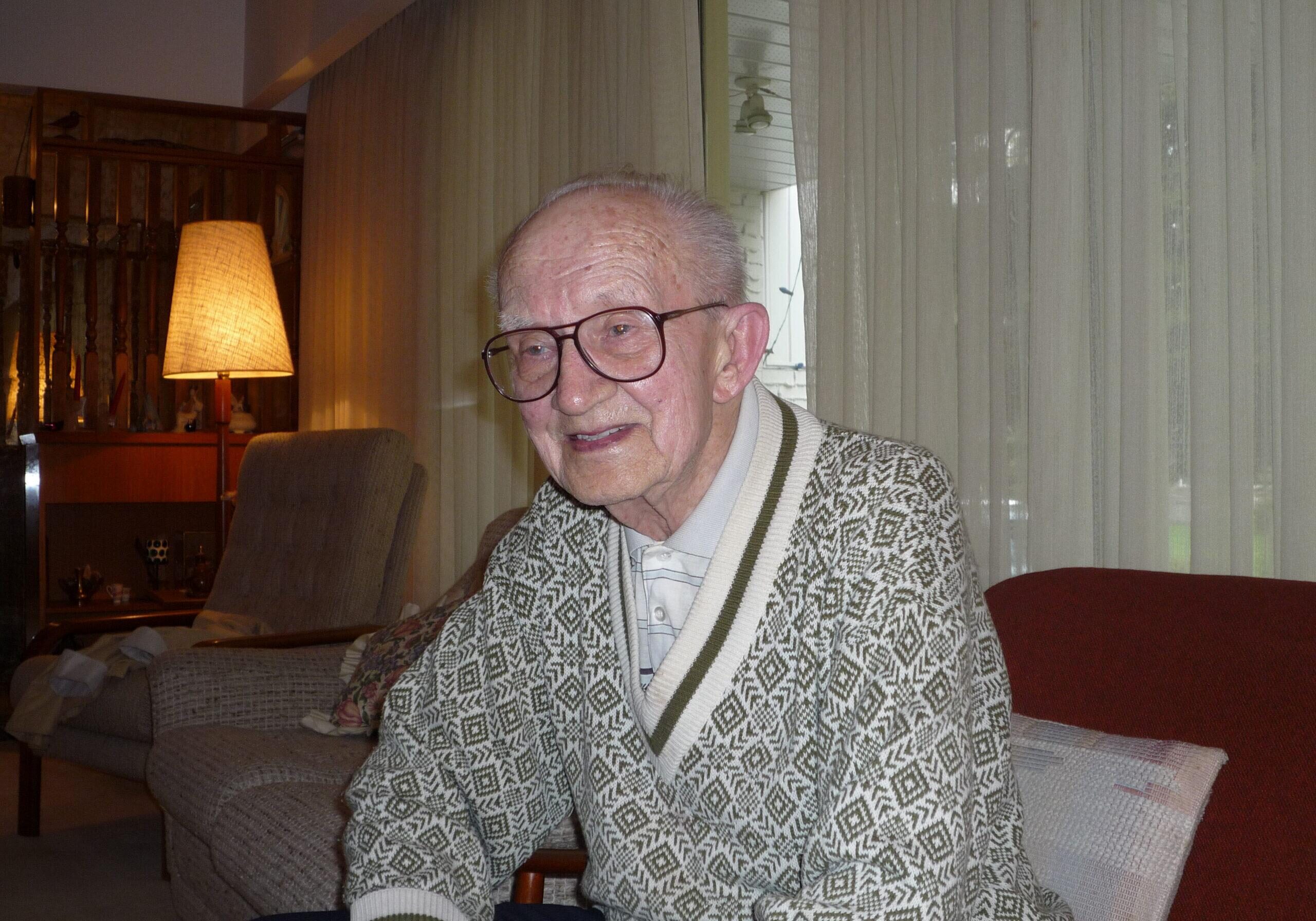
Alec Kubicek
Grain Market Analyst, Department Head: Canadian Grain Commission, Canadian Wheat Board--Technical Services and Market Research Branch
Alec Kubicek's journey to the Canadian grain industry was unconventional. As a refugee from Czechoslovakia, Alec moved around the world to France and Australia before making the long journey to Vancouver. Alec joined the CGC as a statistician, which gave him the experience to head up the new Technical Services and Market Research branch for the Canadian Wheat Board. Alec's work in this division brought him around the world inspecting grain handling, milling, and baking equipment, seeing how Canadian grain could fit into new world markets. He tells exciting stories from his travels, like being an ambassador for Canada at a Brazilian baking exhibition, inspecting mills in post-revolution Cuba, and setting up a permanent office in the historic Leipzig Messehaus.
Snippet
Full Interview

Pritam Lamba
Engineer, Owner: Lamba & Associates
Pritam Lamba joined the Canadian grain industry quite unexpectedly. While on his honeymoon in Montreal, he was recruited by an ambassador for C. D. Howe Company and sent to the engineering office in then Port Arthur. C. D. Howe Company was the preeminent elevator engineering firm in Canada, but it soon was sold and its expertise dispersed. Pritam took the opportunity and his experience with elevators to form his own company, hiring many engineers from the C. D. Howe firm. In his interview, he describes how his company continued its close connection to grain elevators, especially in the realm of dust control improvements.
Snippet
Full Interview
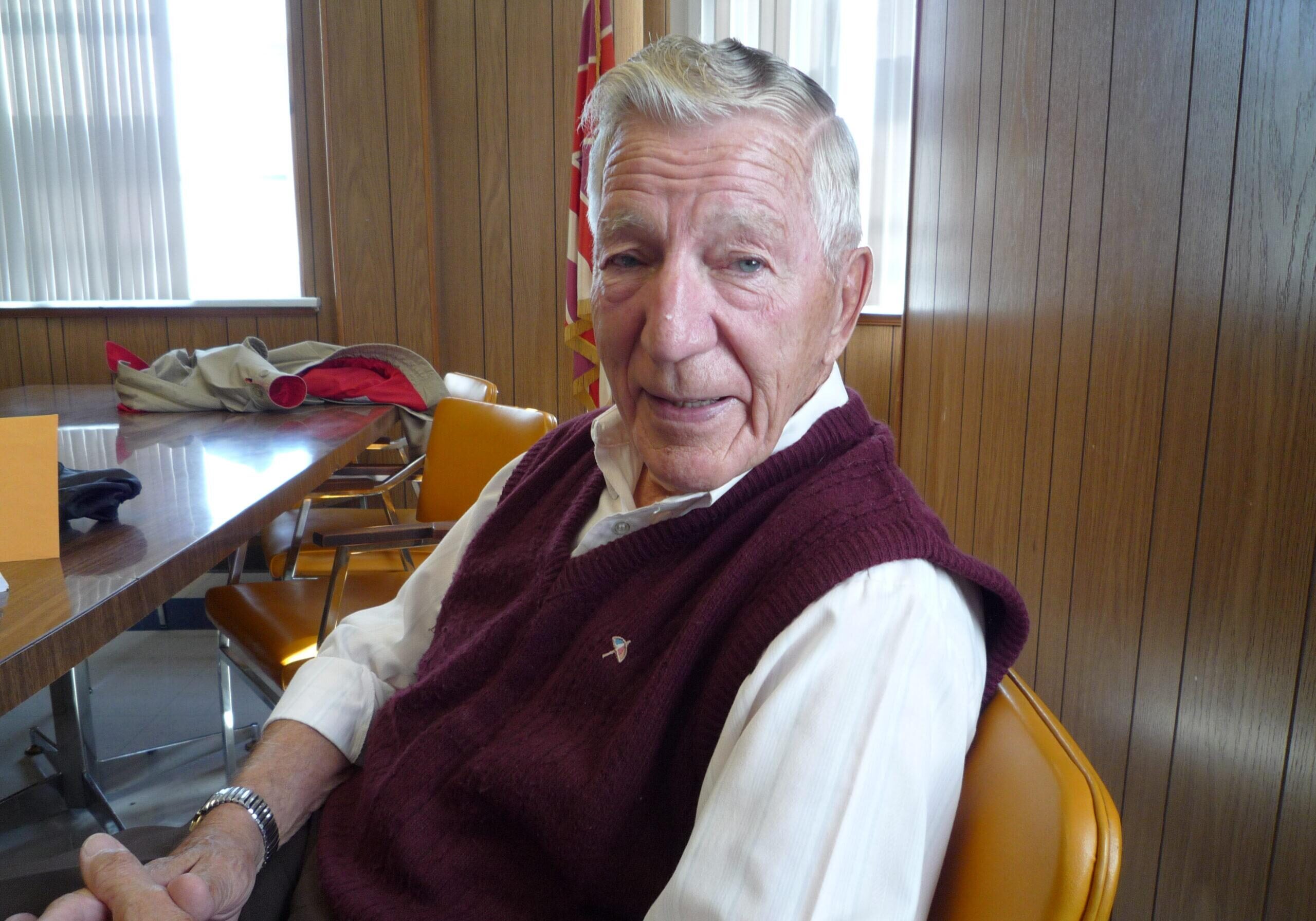
Roy Lamore
Switchman, Railcar Router: Canadian National Railway
Roy Lamore worked in the Thunder Bay rail industry for a whopping 42 years by the time of his retirement. His experience extends back to the wartime years, where he started as a messenger boy before joining the Canadian Navy. Roy's position was waiting for him when he returned from the service, where he advanced to being a switchman on the hump yard operations. Roy's work then took him to coordinating railcar distribution between the various terminal elevators. Over his long career, Roy saw major advancements in railway technology, and beyond his career, he comments on more recent changes that may threaten the rail movement of grain through the city. Throughout his career, Roy was a proponent for railway safety, and he tells many stories of close calls and accidents that could occur when workers weren't attentive.
Content Warning: This interview contains graphic descriptions of workplace accidents and fatalities.
Snippet
Full Interview

Edward Landry
Yardmaster: Canadian Pacific Railway
Edward Landry's first job was as a student shovelling boxcars at McCabe Elevator for a summer. Trying to escape the grain dust, Edward became a sheet metal apprentice, only to continue to be heavily involved inside the elevators. He finally ended up on the railways, where the work outside in the railyards kept him in contact with the grain industry, but away from the pesky dust. Edward worked through what he calls "the grain boom" of the 1970s, when all tracks in the CPR railyards were practically filled with new grain trains every day. His work as a switchman and then as yardmaster dealt with marshalling these railcars to the appropriate elevators to be unloaded. Edward recalls the decline in grain shipments after the grain boom, as well as other major technological advancements that changed both the railway and elevator operations.
Snippet
Full Interview
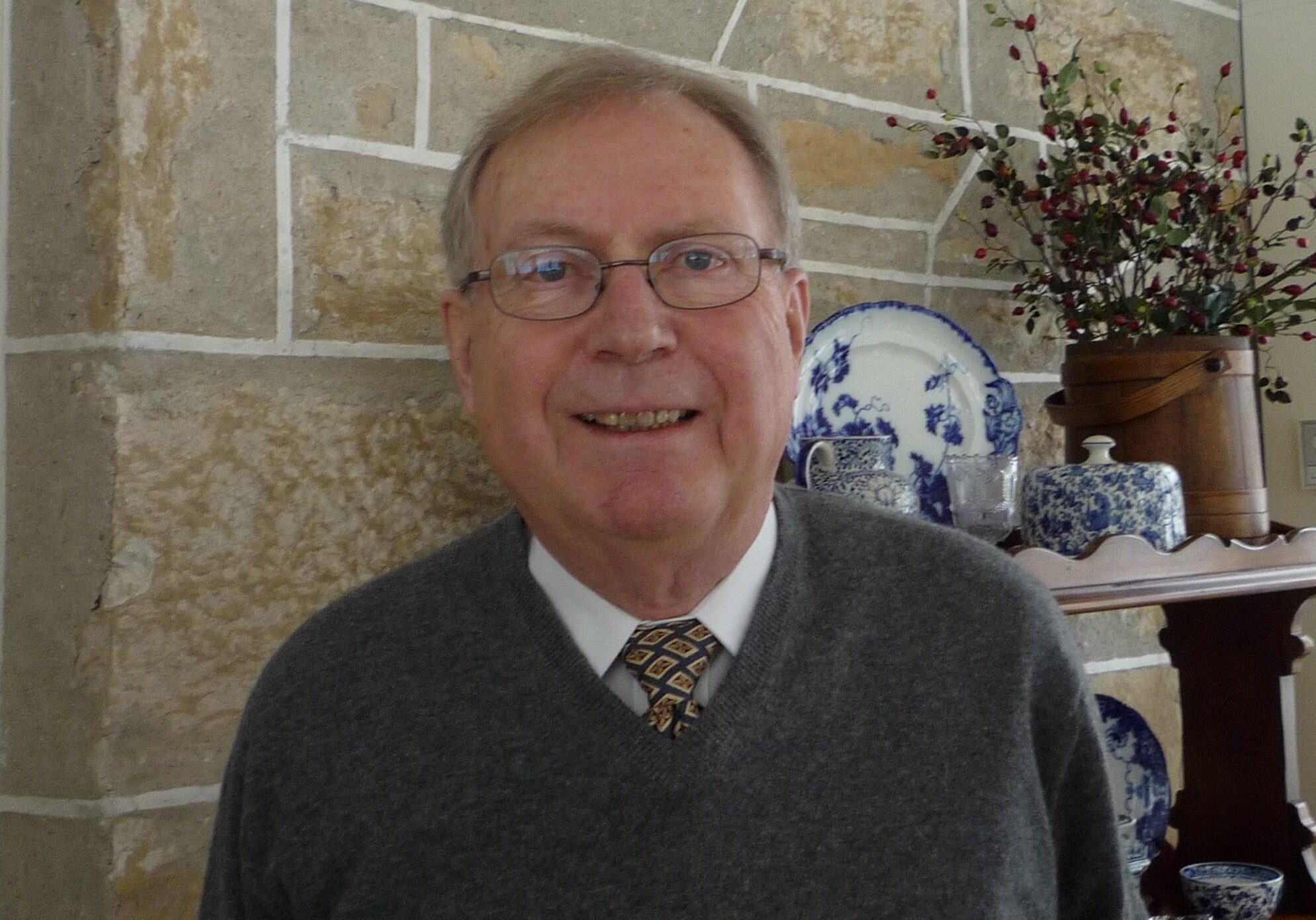
Otto Lang
Minister Responsible for the Canadian Wheat Board: Government of Canada
Otto Lang started his career in politics as a Member of Parliament for the Saskatoon--Humboldt district. Agricultural issues were present from the very beginning, as this was an era of low grain prices and extreme surpluses of grain. Otto soon found himself working under the Minister Responsible for the Canadian Wheat Board and then becoming the Minister himself. He describes the programs he implemented to ameliorate grain surplus and price issues, like the LIFT program, the Western Grain Stabilization program, and the purchase of hopper cars for the railway. For the remainder of his grain-related career, Otto was faced with constant challenges, but with his creation of the cross-departmental Grains Group, he met those challenges with other industry players who had the needed expertise.
Snippet
Full Interview
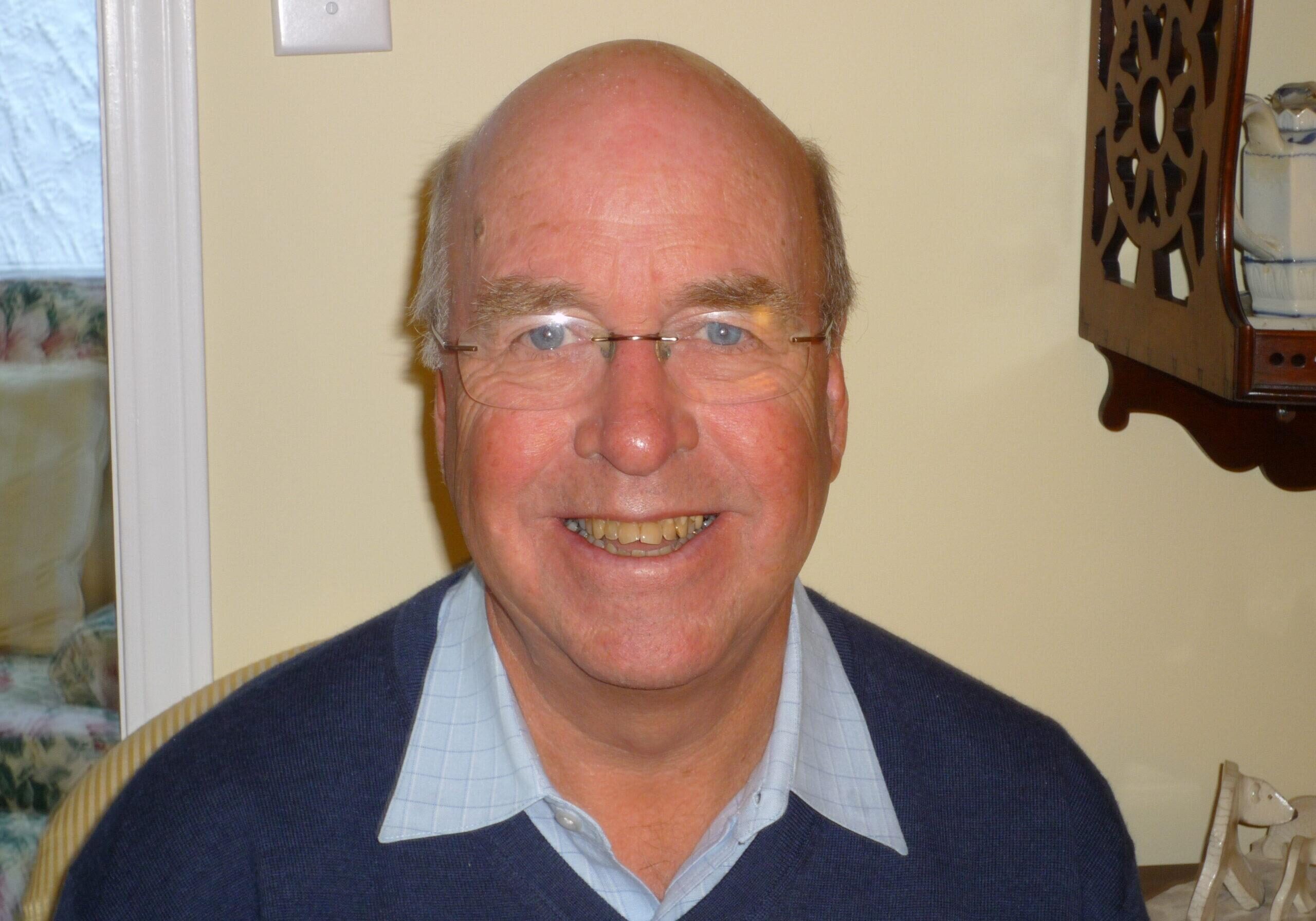
Augustus Leach
Manager of Country Operations: Searle Grain
Augustus "Gus" Leach was named after his great grandfather, Augustus Leach Searle, who was a legendary figure in Canada's early grain industry. Gus tells the story of how his grandfather started the family business, Searle Grain, and grew it into one of the largest family-owned grain companies in Canada. Like other members of his family, Gus joined the business young and worked in a variety of departments in head office to get a feel for the business. He eventually became manager of country operations, interacting with the farmers and elevator managers personally at the elevator door. Gus tells the story of Searle Grain's sale to Federal Grain, and describes some of the new non-grain projects he became involved with in the company. At the end of the interview, Gus provides a commentary on some family photographs from their time in the grain trade.
Snippet
Full Interview

Phillip LeBrun
Heavy Civil and Marine Consstruction Contractor
Phillip LeBrun was a contracting mechanical engineer working on pipeline construction before he was called to Thunder Bay to assist C. D. Howe Company on a variety of elevator-related projects. Phillip tells stories of the often challenge-ridden projects, like having to re-drive piles at P&H elevator or discovering bad batches of concrete meant for annex silos. Phillip's other major interaction with the Thunder Bay grain elevators was his contract work to demolish the Empire Elevator, the first elevator taken down by dynamite. Phillip recounts the whole experience, from bidding on the demolition to setting the fuses to having the event filmed by Walter Cronkite.
Snippet
Full Interview

Harold Lehto
Millwright: Saskatchewan Wheat Pool
Harold Lehto began working in Saskatchewan Wheat Pool elevators as a boxcar shoveller, then a boxcar dumper operator. Wanting to have a trade, Harold joined the millwright team and began looking after the machinery of SWP's terminals. Harold describes the day-to-day and the seasonal repair work done by the millwrights, and also their particular attention to improving the safety of the terminal. Harold worked through both the busy years and the years of downturn, and he explains what he witnessed as the major contributors to that change. Harold expresses his belief in the Thunder Bay community's lack of knowledge about its grain trade achievements, as well as his hopes that his interview and the Voices project will fix this gap in history.